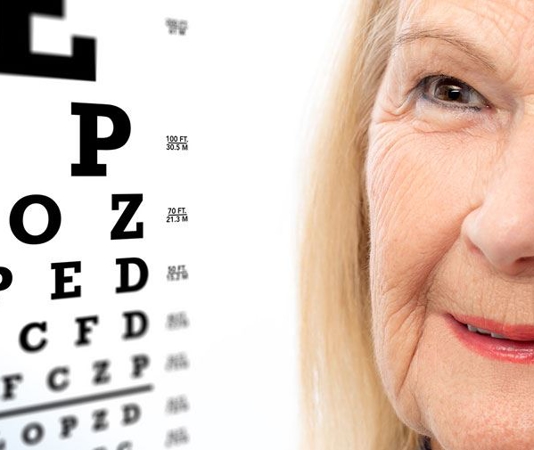Is caregiving a blessing or a curse to you? For some family and friend caregivers, it can be both and is often a journey from a negative to positive situation.
While caregiving might seem like a one-way street in which one person is helped and the other is doing the helping, it can in fact be a two-way street in which both people gain. Many caregivers express the joys of helping a loved one, sometimes alongside the stress. Here, a few caregivers share their caregiving gifts.
Not One, But Three Gifts
After her mother was diagnosed with dementia, Deborah Shouse went through a period of grief and confusion until she made the conscious decision to look for the “gifts and blessings inherent in the situation.” As she journaled about the time with her Mom, she began to notice what she still had and not just what was lost.
The first gift was being present. “My mother taught me about living in the present moment,” Ms. Shouse said. “I got to slow down when I was with her and focus on only connecting with her. I learned to go beyond our ordinary relationship and appreciate her exactly
as she was. I learned to communicate without words, through singing, holding hands, gazing into her eyes, and through laughing.”
The second gift was closer connections to other family members as a result of partnering in care together. “I also became closer to my father, since we were partners in mom’s caregiving,” she explained. “I became closer to my brother and to my life partner, through problem solving and talking through all the issues that arose.”
The third gift was a new life path for Ms. Shouse. “When I began sharing my caregiving stories, I realized how many people were going through this alone and I realized the importance of each of us sharing our stories,” she said. “I began writing more, speaking more, becoming more of an advocate for caregivers and for those living with dementia. I was inspired to write “Connecting in the Land of Dementia.” I became more involved in helping to create a dementia friendly community here in Kansas City.”
Gifts in Hindsight
Rick Lauber, along with his two sisters, provided care for both of his parents until their deaths. His father was diagnosed with Alzheimer’s disease and his mother had Parkinson’s disease and leukemia. His initial reaction is what he described as “a typical caregiver.” That is, he was not feeling joyous.
“I looked at my newfound job with uncertainty, fear, and dread,” he confessed. “Considering I was losing my father to Alzheimer’s disease, this was to be expected. However, I came to learn that caregiving did come with positives.”
The gifts from caring for his father included a better understanding of his father’s upbringing, values, and character, along with an increased self-awareness of his own abilities. Mr. Lauber also improved relations with his sisters and they enjoyed laughter during caregiving moments.
Today, Mr. Lauber is the author of two books on caregiving, “Caregivers Guide for Canadians” and “The Successful Caregiver’s Guide.” He considers this another gift from his experience with his parents. “I have opportunities to help and support other caregivers,” he said.
Of all these gifts, he said they weren’t obvious at the time. “I find it interesting that I did not completely grasp these gifts until my father had passed away,” he said.
The Gift of Clear Moments
The ability to gain gifts from caring for a loved one may depend on the illness or condition they have that requires assistance. Tracey Lawrence, founder of Grand Family Planning, wasn’t interested when her elderly mother tried to give her things she no longer needed. “While I appreciated that she no longer needed certain things and wanted them to go to good use, it was hurtful when she’d try to return something I had given to her,” she said.
As dementia progressed, Ms. Lawrence began to appreciate different kinds of gifts from her mother. “Now, the kinds of gifts my mother gives me come through her windows of lucidity,” she said.
As Ms. Lawrence gets up to say good bye to her mother after a visit, her mother has told her that she loves her, even after seemingly not knowing her daughter. “Letting me know that she knows is one of the last gifts she’s able to give me,” Ms. Lawrence said. “Shared presence is the best gift of all.”





